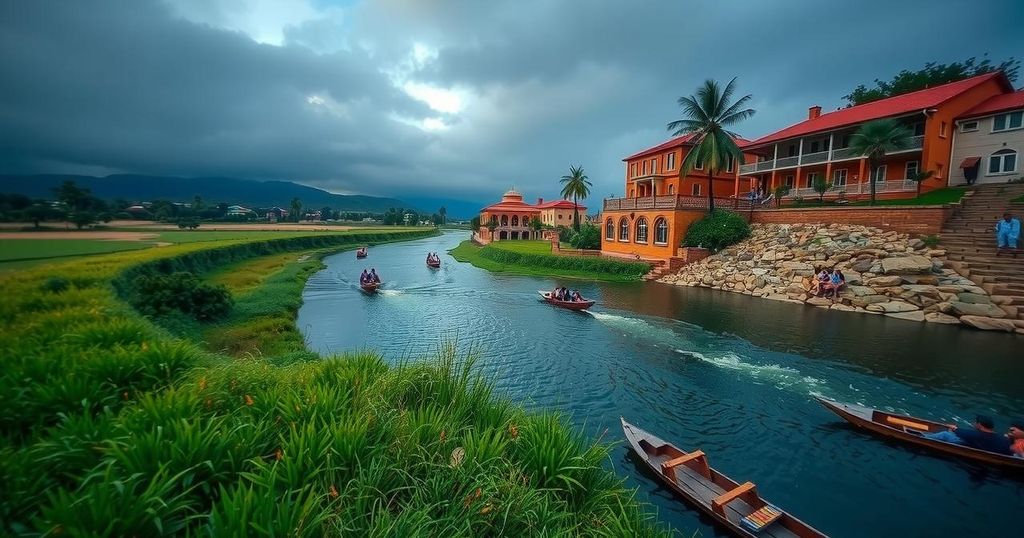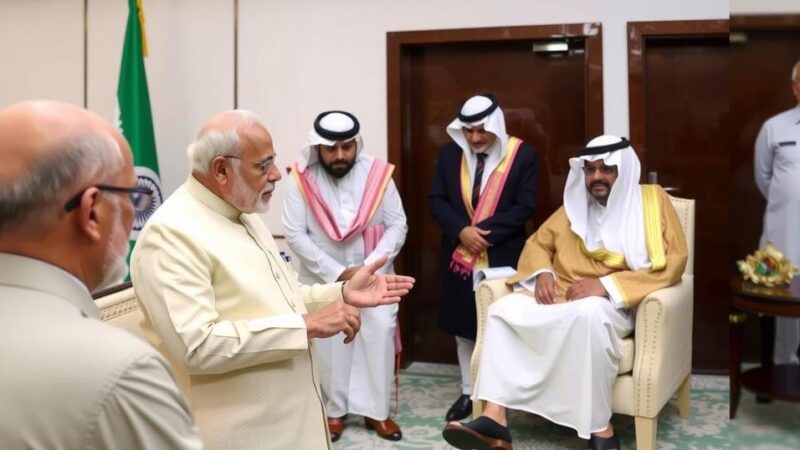On December 4, 2024, Egypt and Uganda signed a joint declaration to enhance cooperation, particularly regarding Nile River waters. The agreement focuses on mutual benefits, developmental projects, and bilateral collaboration across various sectors, including defense, agriculture, and infrastructure. Both countries committed to ensuring that Nile water utilization does not adversely affect downstream nations and will hold their next consultations in early 2025.
On December 4, 2024, the Egyptian Foreign Affairs Minister Badr Abdelatty and Ugandan Minister of State for International Affairs Henry Okello formalized a joint declaration aimed at enhancing cooperation between the two nations. The agreement emphasizes regular consultations concerning the management of the Nile River waters, striving for mutual benefit while adhering to international law and best practices. This collaborative effort emerged during high-level political talks held in Cairo with a Ugandan delegation.
The joint declaration reflects a shared commitment to promoting bilateral relations beyond water management, encompassing cooperation in defense, security, and various sectors including infrastructure, agriculture, and healthcare. As noted, Egypt has pledged to assist Uganda with developmental projects aligned with its national priorities, highlighting the importance of effective water management strategies, as evidenced by Egypt’s support for the Owen Falls Dam project in Uganda. Additionally, both nations have expressed their dedication to ensuring that the utilization of Nile waters does not compromise downstream countries.
Furthermore, Egypt and Uganda are determined to bolster private sector engagement to initiate trade and investment opportunities, facilitating exchanges through business visits. Their collaboration will extend to participation in regional forums, including the African Union and the United Nations. The next round of consultations is scheduled to take place in Kampala in early 2025, demonstrating a proactive approach to regional diplomacy.
The Nile River is critical for several countries in Africa, particularly Egypt and Sudan, which rely heavily on its waters for sustaining their agriculture and livelihoods. Recent years have seen tensions surrounding Nile water usage, exacerbated by agreements such as the Entebbe Agreement, which Uganda and other upstream countries signed in 2010, potentially threatening the historical water shares of Egypt and Sudan. This context has necessitated richer dialogues and cooperative agreements to ensure equitable usage of the river’s resources. The recent declaration between Egypt and Uganda exemplifies an effort to find common ground, lessening the impact of unilateral actions and fostering joint initiatives that benefit both nations significantly.
The joint declaration between Egypt and Uganda marks a crucial development in the collaborative management of Nile River resources and reinforces their bilateral relationship in multiple sectors. By establishing regular consultations, prioritizing mutual interests, and expanding into areas such as infrastructure and security, both countries demonstrate their commitment to fostering stability and cooperation in the region. This initiative not only aims to safeguard their respective water needs but also positions them to contribute positively to broader African development efforts. With the planned follow-up consultations in 2025, both nations are poised to enhance their strategic partnership further.
Original Source: www.egypttoday.com







